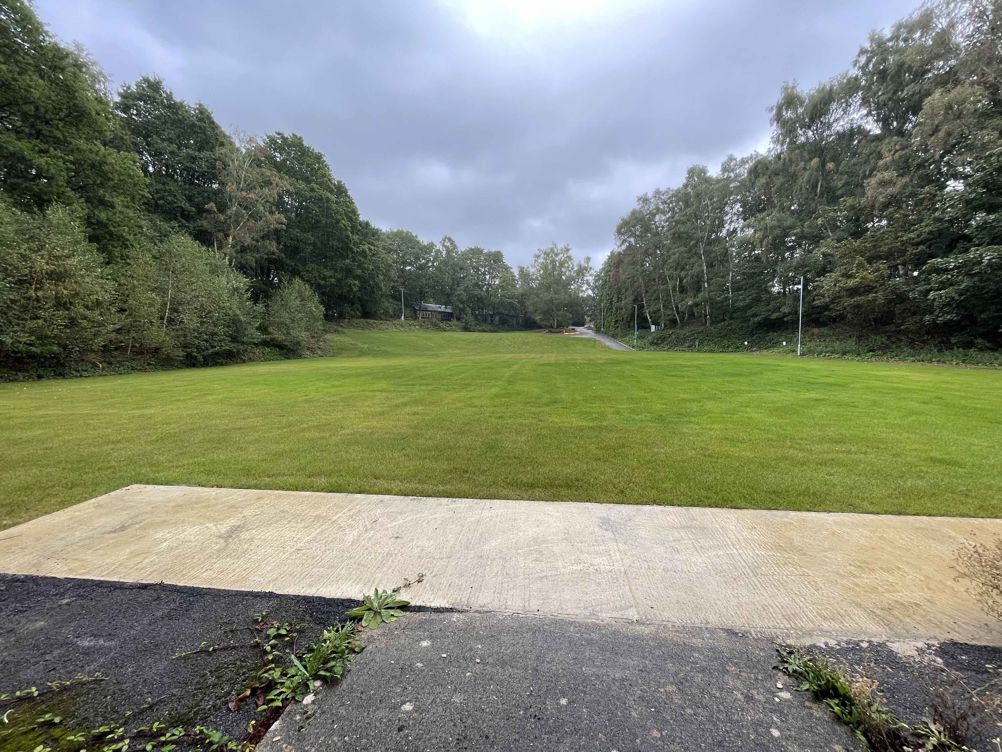Constructed in the early 1960s on Imperial’s Silwood Park campus in Berkshire, ICRC was a small 100kw research reactor moderated, cooled, reflected, and partially shielded by light water. Following a significant decline in the volume of research conducted there, shut down of the reactor started in 2012. Defuelling was completed in 2014, with 31 fuel elements removed and transported to Sellafield in Cumbria for interim storage pending reprocessing.

“This is a highly significant achievement and milestone in UK nuclear decommissioning history and testament to all the hard work that has been put in at the Imperial College Reactor Centre to reach this final end state,” said Ian Phillips, ONR’s head of Safety Regulation for Decommissioning, Fuel and Waste sites.
“It represents the conclusion of a 65-year journey for the ICRC which can now be recognised as the country’s first ever fully decommissioned reactor site under modern regulatory controls - a fantastic accomplishment.”
Decommissioning of the reactor and surrounding bioshield was completed in February 2020, and the demolition of all building structures, removal of the base slab and below ground services finished in April 2021. ICRC has now been assessed by ONR as posing no danger to the public, and no longer requires ONR regulatory controls. It is the first UK reactor site to be completely delicensed under modern regulatory controls and just the third reactor site in the UK to be fully decommissioned.

“Imperial College London is indebted to the Reactor Centre team who provided deep technical and operational oversight throughout the project, as well as support contractors and the site Nuclear Safety Committee for their dedication,” said Trevor Chambers, former head of the Imperial College Reactor Centre.
“Releasing the site from regulatory control has created a recreational space at the heart of Imperial’s Silwood Park eco-campus, which may now be used without restriction by staff and students at the forefront of biodiversity science and policy.”











Radio wave weapon knocks out drone swarms
Have they tested the effectiveness of the system against the new generation of fibre-optic guided drones now being deployed by both side in the war in...